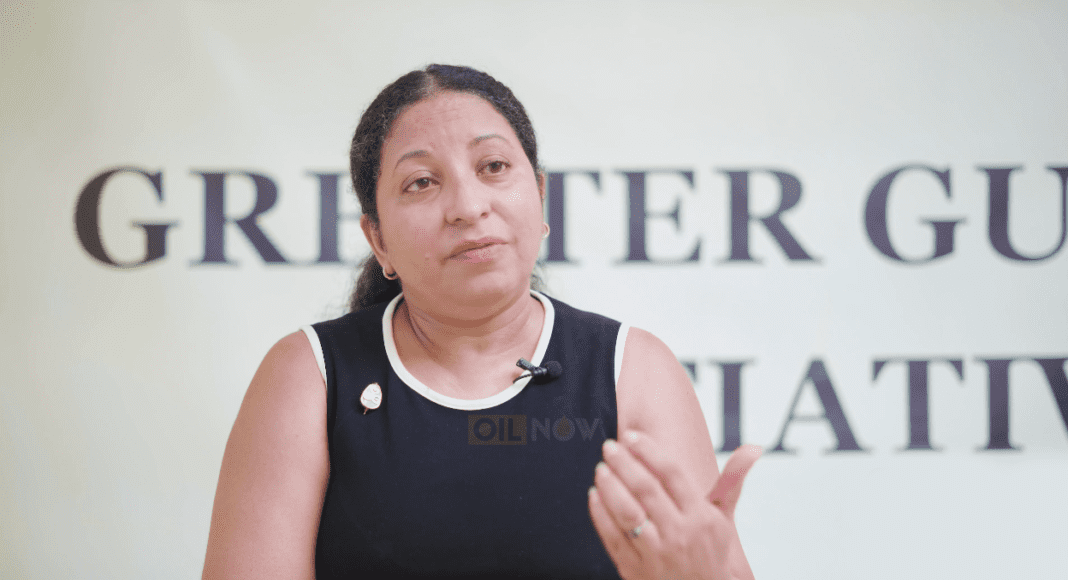The Vice Chancellor of Guyana’s premier university, Professor Paloma Mohamed-Martin is lobbying for oil and gas investments into the tertiary institution to churn out the needed human capital for the growing oil industry.
“Not only [the] University of Guyana [UG] needs resources but UG is the one that is here, that is stable, that is going to be able to produce in the gap in the next five years,” Professor Mohamed-Martin said.
The VC opined that the first 60% of oil revenue investment into education should be given to the University along with other tertiary institutions in Guyana including – the Guyana Technical Institute (GTI) and its vocational institutions as well.
“The role of UG cannot be overstated and at this particular moment, it is perhaps the most significant national strategic asset we have in terms of workforce design and development,” she pointed out.
The Vice-Chancellor appeared Wednesday on the third episode of the Guyana Business Journal’s Transforming Guyana webinar on how the country should leverage its oil and gas revenues to produce a world-class twenty-first-century education system at all levels.
University of Guyana safer with security upgrades funded by Stabroek Block co-venturers | OilNOW
With the rapid pace of Guyana’s development, Vice President Dr. Bharrat Jagdeo had said the country would eventually need to import labour to support the increasing demand sometime in the near future.
In the VC’s view, Guyana already has the blueprint to solve this issue – UG.
While outside help is welcomed, Professor Mohamed made the case that other institutions would take a while to operationalised.
“They [the institution] would take some time to set up and produce and we are already producing so therefore we need to consider and ensure that UG has the ability to scale up in very critical areas,” she highlighted.
Already, the government has plans to make heavy investments in Guyana education using oil revenues. Government said it will make higher education free at the tertiary institution. It expects the promotion of higher education in the population to accelerate the achievement of the central tenets of its Low Carbon Development Strategy 2030.



